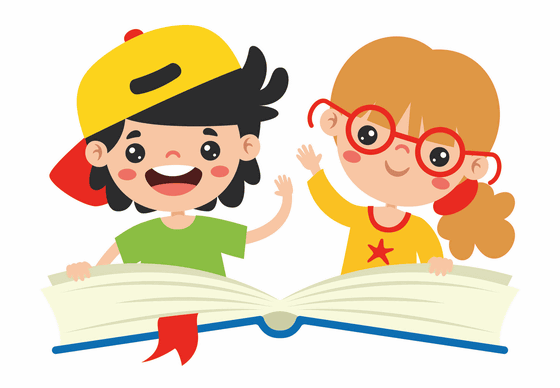Is it good or bad to hear 'voices' in your head while reading?

When reading stories such as novels and manga, or when reading difficult books for studying, some people say that they can hear a 'voice' that reads out the characters in their head without saying it out loud. In
What is that voice in your head when you read?
https://theconversation.com/what-is-that-voice-in-your-head-when-you-read-203379

In a study published in 2016, a total of 136 responses received from 2006 to 2014 on the largest Q & A site in the English-speaking world about ``whether you can hear the voice reading the text while reading in your head'' was analyzed. As a result, 82.5% of users claimed that they could hear their inner voice while reading, and 10.6% countered that they could not hear their inner voice. Of the users who answered that they could hear voices, 13% answered that ``sometimes you can hear voices and sometimes you can't hear them depending on factors such as how interested you are in the content of the book.''
It turns out that some people can hear ``voices'' in their heads when reading books-GIGAZINE

by Stephen Poff
According to psychologists Beth Meisinger and Roger J. Kreutz of the University of Memphis, listening to one's own voice while reading enhances comprehension, making books difficult for beginning readers and even adults. When reading, it is recommended to read out loud. In fact, there are many cases where young children read books while clearly speaking each letter. However, as reading comprehension improves, this habit fades away, and the voice that reads a book remains as an 'inner voice in the head.' ``The transition from reading aloud to reading silently is very similar to how children develop thinking and speaking skills,'' Meisinger points out. It is normal for children who read aloud to read silently as part of their reading comprehension development.

And as children learn to think better, they start to think less and less in their heads. This is called 'inner speech', and it is thought that by asking yourself questions and giving instructions in your head, you organize and adjust your thoughts.
By reading silently, you can read much faster than reading out loud. You can also control the speed, such as quickly skipping words you know, making reading smoother. At the same time, Meisinger points out that by continuing to read silently, which is more flexible and allows you to focus on what's important, you can ``discover and nurture your inner voice.''

In a survey on ``whether you can hear the voice reading the sentences while reading in your head'', what kind of ``voice while reading'' is also discussed, and ``with a tone similar to your own voice'' Only the pitch and tone change slightly.' Others answered, 'The voice tone changes depending on the image of the character in the story and the person who is writing the text.' A 2011 study using an MRI to identify the brain while reading concluded that readers often create 'spontaneous images' of the speaker in their minds and hear the voice. was given. Also, in response to early research, a professor of psychology at the University of Sheffield said, ``Hearing voices actually indicates that you are a good reader. There are many low-level cases,' he said .
Responding to previous research, Meisinger and Kreutz say, 'Don't worry if you start hearing a lot of voices in your head when you start reading. It's because you're already a skilled silent reader. It means there is,' he said. In particular, he emphasizes the importance of 'inner speech' for children's development.
Related Posts:
in Note, Posted by log1e_dh






